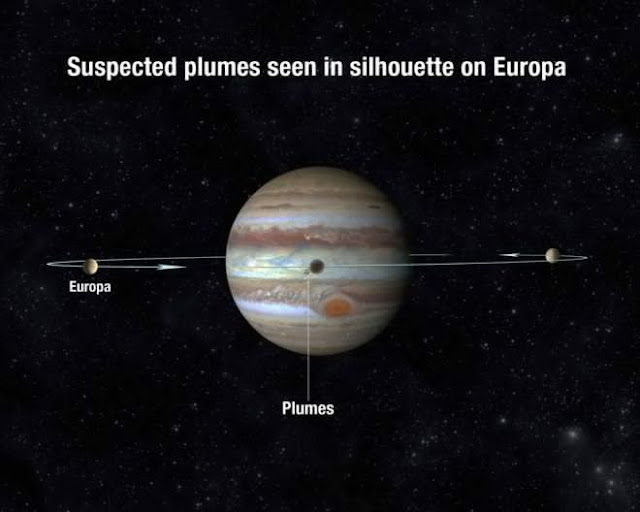CHIPS (Cosmic Hot Interstellar Plasma Spectrometer) is an American (NASA) astrophysics spacecraft that was launched by a Delta 2 rocket from Vandenberg AFB at 00:45 UT on 13 January 2003. The 60 kg, triaxially-stabilized spacecraft has a spectrograph covering the 9-26 nm wavelength band at a resolution of 0.1 nm, scanning the entire sky in chunks of 5 degree x 27 degree segments during each orbit. The targets are the hot and diffuse nebulae at about a million degrees temperature. The band covers several strong emission lines. Launch Date: 2003-01 13 Launch Vehicle: Delta II Launch Site: Vandenberg AFB, United States Mass: 60 kg CHIPS carried out an all-sky survey of the diffuse background at wavelengths from 90 to 260 Å at a spectral resolution between about λ / 150 and λ / 40, and a spatial resolution of 5 to 15 degrees. CHIPS detected diffuse emission near 170 Å, but this turned out to be a...
- Get link
- X
- Other Apps

Comments